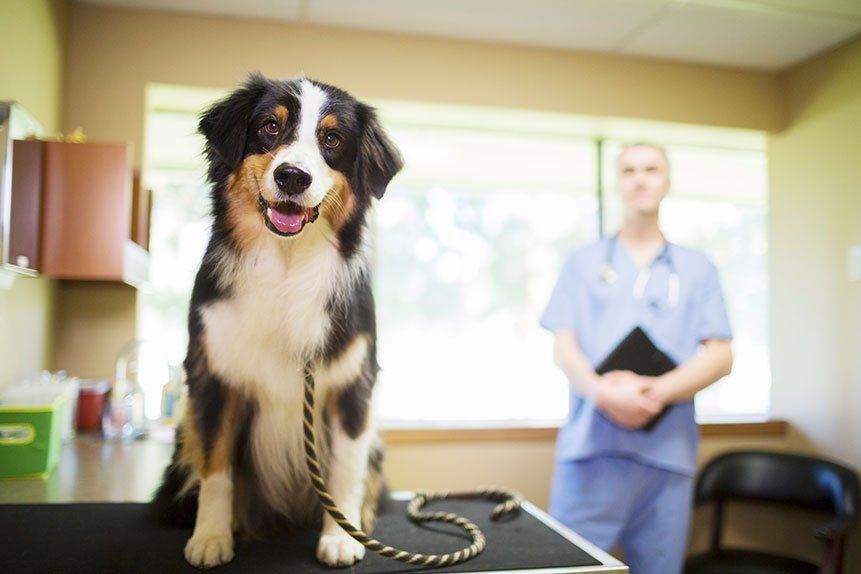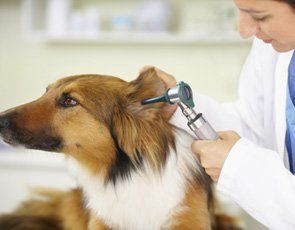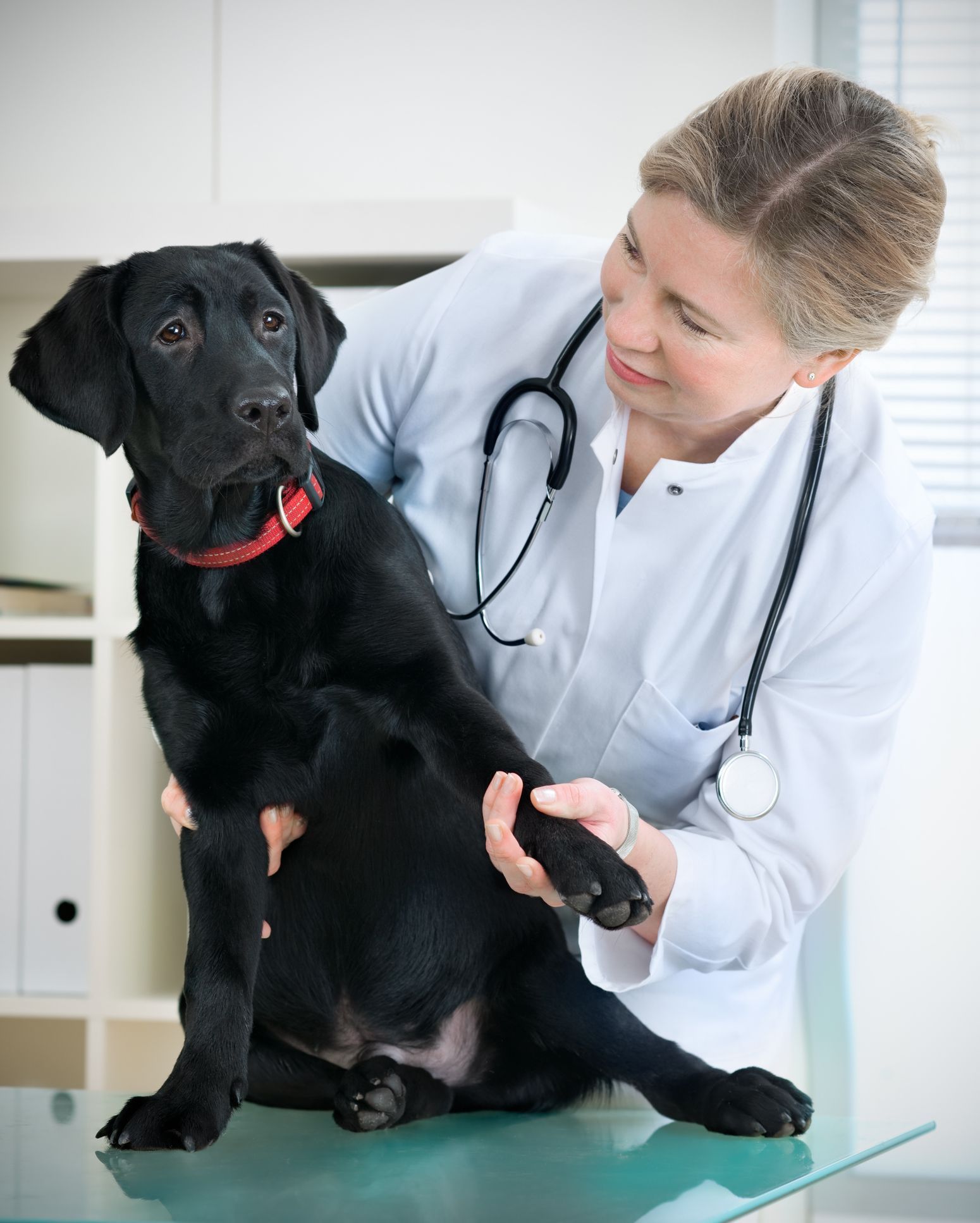Furiously Fighting Fleas? Some Things You Might Have Overlooked

No matter what you do, the fleas just seem to come back. You don't know why the fleas are coming back, just that they are. Are they being brought in from outside? Hiding somewhere in the home? The source of your flea problem might simply be that you're overlooking something important. Here are some things you might want to ensure you’re doing:
Treat All Animals at Once
Don't Forget the Bedding
Flea eggs are often found within an animal's bedding. In order to get rid of them, you should wash all of your pet's bedding in a machine with hot water. Otherwise, the fleas may hatch and get onto your pets even if your pets has been consistently treated. You may also want to wash all of your bedding if your pet comes into contact with it.
Think About Natural Solutions
You may want to consider some natural flea solutions to use outside your home. For example, food grade diatomaceous earth is often scattered around areas to kill pests. It's completely safe (though you shouldn't put it on your pet) and will kill bugs that it comes in contact with. By killing fleas around your home (such as in your yard), you may be able to avoid any additional infestations. You just don't want it to get into your pet's fur, because even though diatomaceous earth is safe, it can still dry your pet’s skin.
Treat the Carpet
Carpet is another area in which fleas may be able to hide or leave their eggs. If you want to get rid of your fleas, you may need to also treat your carpet. But avoid any dust-based chemical treatments, as these are usually difficult to vacuum up and have limited effectiveness. Instead, use a spray treatment intended for carpeting and make sure to vacuum very frequently. You may want to vacuum daily until the issue has been treated.
Use Flea Combs
A solution you may not have thought of is flea combs. Flea combs are one of the easiest mechanical ways to get fleas off your pets fast. You can get a flea comb at any pet store. Gently stroke the flea comb through your pet's hair. Once you've finished a stroke, dip the comb into a bowl filled with warm water and dish soap — the fleas will get pulled off the comb and will be killed. Flea combs are also advisable for very young puppies and kittens that cannot be treated with medication.
The Don'ts of Treating Fleas
Just as there are some important "dos" for treating fleas, there are also some very important "don'ts" that you don’t want to overlook:
- Don't use grocery store flea collars. Some flea collars are safe, but you'll probably only find them from a veterinarian. Grocery store collars can irritate a dog's skin.
- Don’t use topical medications you find at the store. Prescription medications are generally much safer, and they aren't always more expensive.


























